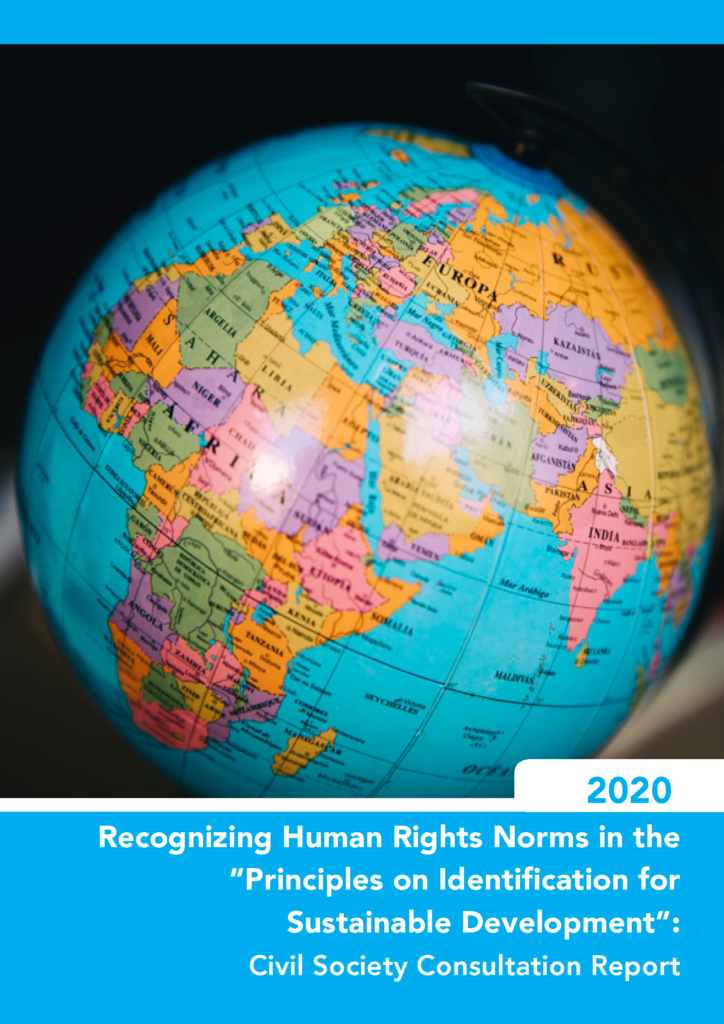News & Blogs
CSOs call for full integration of human rights in the deployment of digital ID systems
Governments around the world are moving rapidly towards digital identification systems. These schemes can make public services more efficient, but they can also jeopardize the right to privacy and exacerbate systemic discrimination.
Civil society organizations are playing critical roles to ensure identification initiatives reflect the lived experiences of the people most affected by these systems and respect human rights.
Access Now, Namati, and the Open Society Justice Initiative co-organized a virtual Civil Society Organization (CSO) consultation in August 2020 that brought together over 60 civil society organizations from across the world for dialogue with the World Bank’s ID4D Initiative and other institutions that endorse the Principles on Identification for Sustainable Development. The Principles provide one of the few attempts at global standard-setting for the development of digital identification systems across the world.
The consultation focused on listening to civil society feedback on the text of the Principles as well as dialogue around the roles of International Organizations (IOs) and civil society organizations in developing rights-respecting digital identity programs.
This new report provides a high-level summary of the discussions at the consultation meeting from the perspectives of the civil society participants, including key themes and recommendations such as:
- Human rights criteria are an important tool for evaluation and oversight of digital identification systems – and therefore should be more fully integrated into the Principles document as well as in the development of digital identification initiatives.
- Heightened transparency is urgently needed in all phases of national digital identification projects, including the creation of meaningful opportunities for civil society and the general public to understand, inform, and even challenge both policy and technical decisions. Participation must be possible during diagnostics, formation of legal frameworks, technical design, procurement, roll-out, and operation of such systems.
- CSOs need to be formally recognized as partners with governments and corporations in designing and implementing digital identification systems, including through the creation of mechanisms for greater country-level engagement with CSOs that respect and value their unique perspectives and experiences on how identification systems affect people in practice.
We look forward to further dialogue and engagement with the World Bank’s ID4D Initiative and other promoters of digital identification systems in order to ensure these Principles are rigorously applied in practice. With a focus on human rights, it can be possible to create trusted, inclusive, secure, and rights-respecting identification systems that genuinely reflect the perspectives and needs of all people.



)
)
)